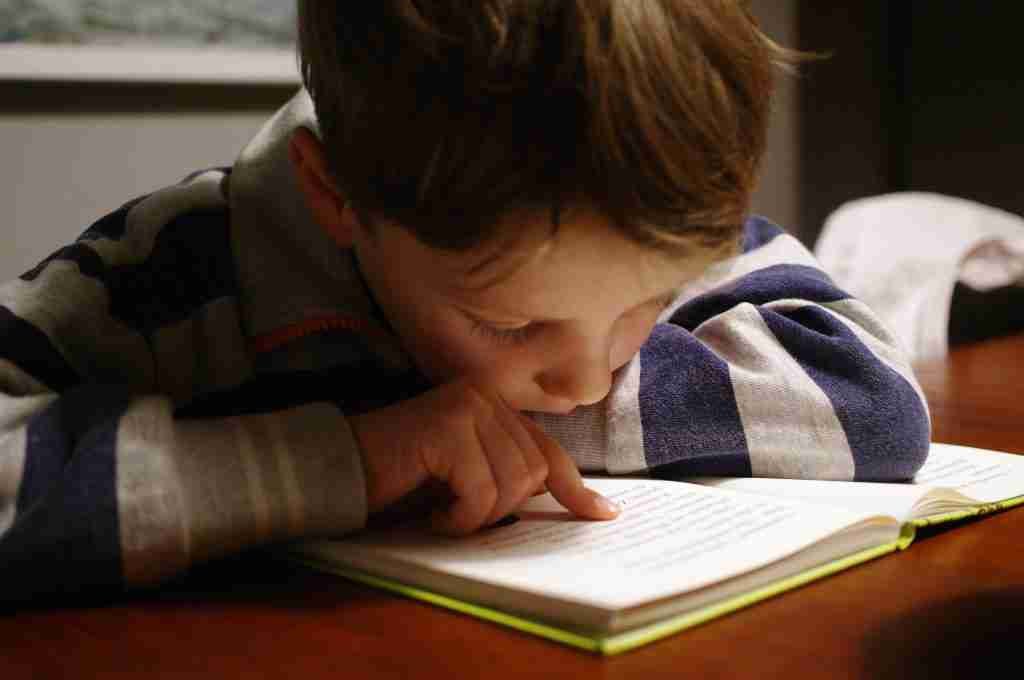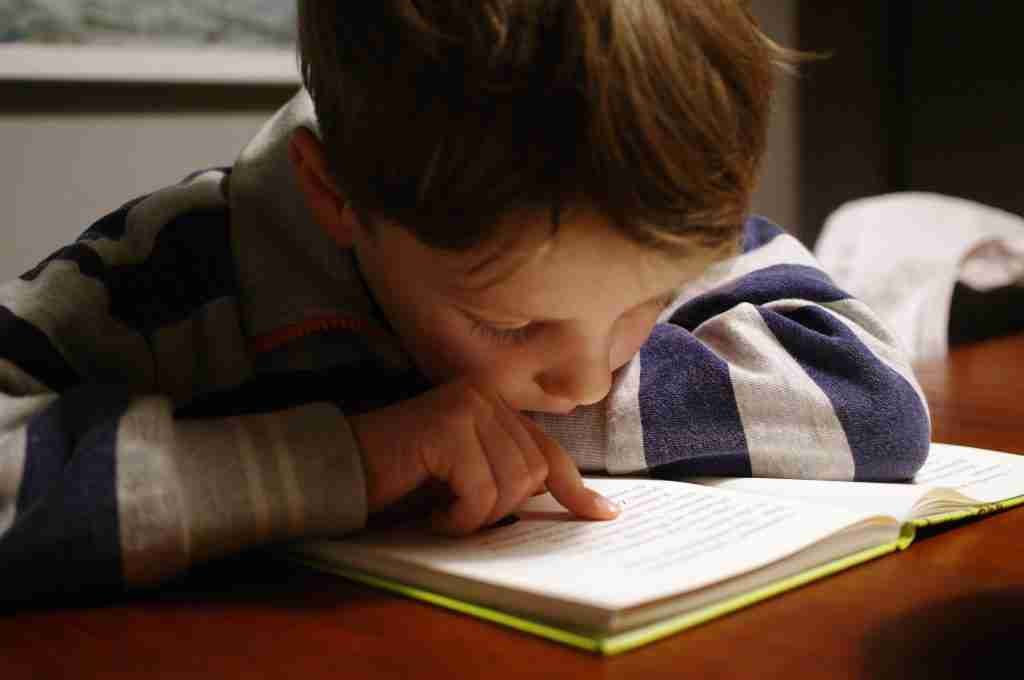
When I first heard the term “homeschooling” almost six years ago, I was immediately intrigued by all its potential opportunities. I had decided that homeschooling was the right choice for our family. We are a military family, so Dad is gone quite a bit, and homeschooling allows us to spend time with him when he is home. Initially, this was one of the only reasons, but that list has grown substantially, so I will save that for another post. After researching various homeschool methods available, I quickly found that there is much more to homeschooling than I could have imagined. From traditional learning methods to more unconventional methods, homeschooling has become an increasingly popular form of education for families worldwide.
Introduction to Homeschool Methods
Homeschooling is a form of education where children are taught in their home environment instead of attending a public or private school. It is also known as home education or home-based learning. Homeschooling is done by parents, tutors, or online instructors, and it can involve different teaching styles, methods, and curricula. One of the significant advantages of homeschooling is that it allows parents to tailor their children’s education to their individual needs and interests.
Benefits of Homeschooling
Homeschooling can offer numerous benefits to both the student and the parent. For the student, it can provide a more flexible learning environment and allow them to learn at their own pace. It can also give them more control over their education and enable them to focus on topics that interest them. For the parent, it can provide a more hands-on approach to teaching and allow them to be more involved in their child’s learning.
Types of Homeschool Methods
When it comes to homeschooling, there are various types to choose from; from traditional homeschooling to more unconventional methods, there is something for everyone. Here are the most common types of homeschooling:
Traditional Homeschooling
Traditional homeschooling is the most common type of homeschooling and involves the parent teaching their child in the home environment. This type of homeschooling typically follows a more traditional curriculum, such as the one used in public and private schools.
Unconventional Homeschooling
Unconventional homeschooling is an alternative approach to homeschooling that focuses on more creative and individualized learning. This type of homeschooling often involves unconventional methods, such as unschooling, project-based, and self-directed learning.
Hybrid Homeschooling
Hybrid homeschooling is a combination of traditional school and homeschooling. This type of homeschooling combines the conventional public or private school curriculum with a more creative and individualized approach geared toward the student.
Online Homeschooling
Online homeschooling is a type of homeschooling that is entirely online. This type of homeschooling allows students to take courses from online schools or complete online curricula from the comfort of their own homes.

Specific Types of Homeschool Methods
Charlotte Mason
English educator Charlotte Mason developed the Charlotte Mason homeschool method in the late 19th century. Mason taught children with living books, quality literature, and nature study. She also believed in using narration and copy work to help children develop many skills.
The Charlotte Mason homeschool method includes a few core principles. Mason believed that children should learn through real-life experiences and that where children learn should be as peaceful as possible. She also felt that learning should be child-led and that children should spend plenty of time outdoors. Finally, Mason believed that children should have plenty of time for imaginative play. I use parts of this secular curriculum that some amazing people have put together!
Montessori
The Montessori homeschool method is the educational philosophy of Italian physician and educator Maria Montessori. In her early work, Montessori developed a hands-on approach to teaching children and believed children should be allowed to explore and learn in their way. Many parents have adapted this philosophy for the homeschool setting and are using it to provide their children with an engaging, inspiring learning experience.
The Montessori homeschool method focuses on self-directed learning and encourages children to explore their natural curiosity. It emphasizes hands-on learning and allows children to work at their own pace. It also enables children to connect their education and the real world, which helps them better understand the material they’re studying.
Waldorf
Waldorf homeschooling is a teaching method that emphasizes creative play, nature, and hands-on learning. It is the educational philosophy of Rudolf Steiner, founder of the Waldorf Schools. Steiner believed that children learn best through play and exploration and that the environment should be full of natural elements and materials. The goal of Waldorf homeschooling is to create an environment where children can learn in a way that is natural and meaningful to them.
Waldorf homeschooling is the idea that children should be free to explore, create, and express themselves in a way that is natural and meaningful to them. It encourages children to think for themselves and to be creative.
Waldorf homeschooling is a living education that holistically focuses on the child’s academic and personal development. It is a form of homeschooling that allows children to learn through creative play and exploration while providing a high-level education.
Classical
Classical schooling is an educational approach that emphasizes the study of classic literature, philosophy, and history. It also promotes using the Socratic method, which encourages students to ask and answer questions to learn. Classical thinkers inspired by philosophers, such as Aristotle, Plato, and Socrates, inspired this type of schooling, called a “classical education”.
The primary focus of classical schooling is on developing the student’s character rather than academic performance. Students become well-rounded, critical thinkers who can think for themselves and form opinions. Additionally, this education encourages students to pursue their interests and develop skills.
Classical schooling also emphasizes the importance of memorization. Students memorize facts, concepts, and theories to understand them in greater depth. Finally, classical education encourages the development of language skills, as students read and write extensively to master their craft.
Eclectic
Eclectic homeschooling is a style that involves creating a personalized curriculum by combining methods, materials, and approaches from different educational philosophies. The curriculum is not based on any particular approach but instead on the child’s individual needs and interests.
For example, an eclectic homeschooling approach might involve incorporating elements from traditional schooling, unschooling, Montessori, Waldorf, and Charlotte Mason styles of education.
Over the past six years, I have tried many of these methods. I have landed in an eclectic style of homeschooling. I pulled the bits and pieces of what I liked from these various methods and made each kiddo a tailored curriculum.

Conclusion
All of these homeschool methods are popular forms of education, and it allows a variety of options for families. From traditional homeschooling to more unconventional methods, there is something for everyone. While homeschooling can be challenging, there are many success stories out there that demonstrate how beneficial homeschooling can be for some families. Whether you choose a traditional approach or something more out of the box, homeschooling can be a great way to provide your child with a unique and individualized education.
Share your favorite homeschool methods below! Check out this post about field trips in Hawaii!



